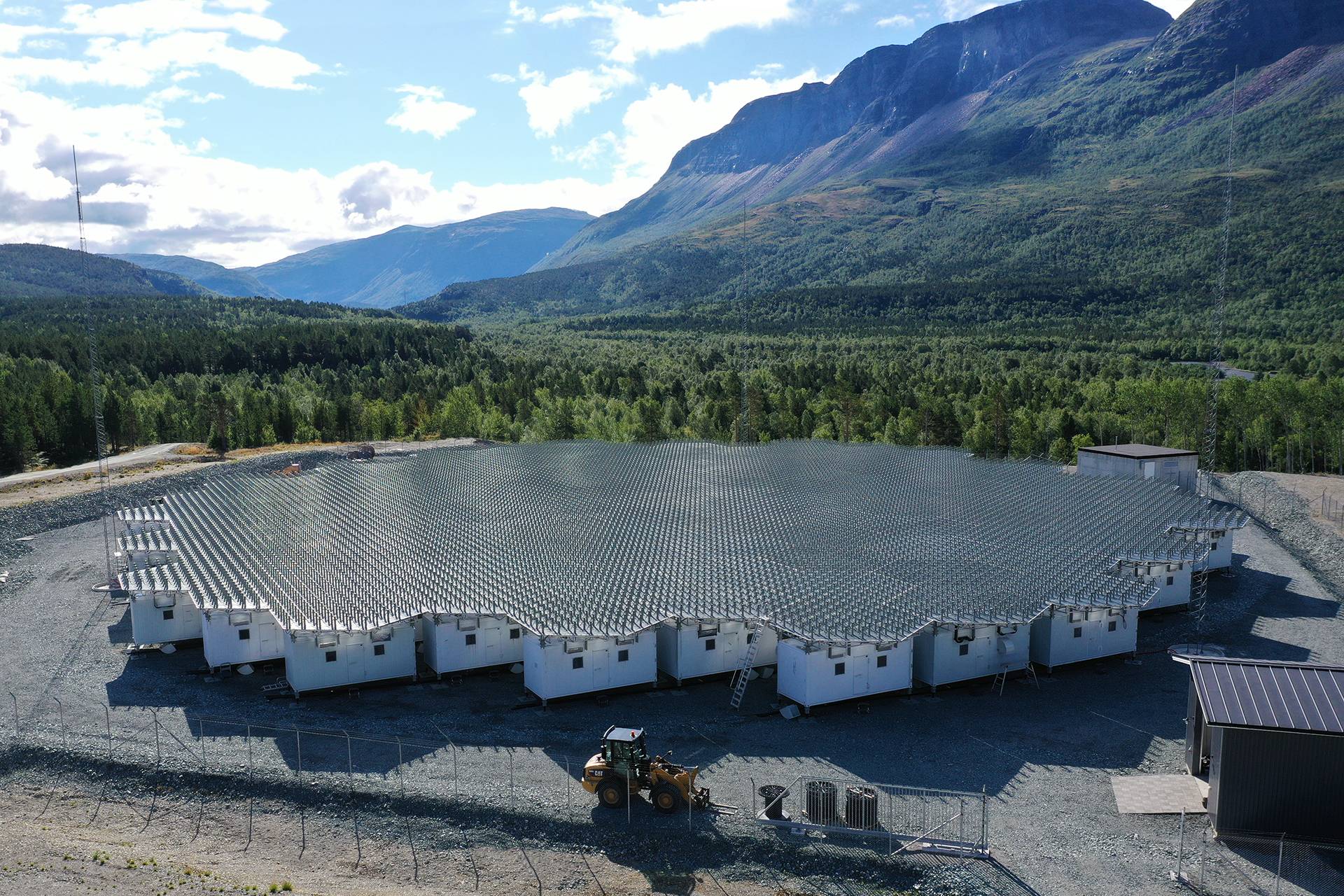Viking satellite 30 years
Viking
The Viking satellite, launched February 22, 1986, was in many ways unique in the history of IRF, Sweden and space physics. Viking was the first Swedish research satellite and came to lay as a ground for the Swedish space program. Viking was not just an achievement for the country of Sweden but for the cooperation between countries with limited means and great will.
EISCAT was involved in the Viking Project and the first working title for the VIKING was incidentally EISCAT SAT. Viking had the first coordinated ground-based program led by Risto Pellinen (FMI) and EISCAT’s coordination of specially developed programs led to similar support program both Cluster, Themis and today SWARM.
The magnetometer net EISCAT Magnetometer Cross led the way towards the multi-instrumental net Miracle, still operable and the leading ground-based network in Europe.
Bengt Hultqvist speaking at the Viking 30 year celebration, 22 february 2016, Swedish Institute of Space Physics. Foto: Rick McGregor
Real-time analysis with several international research teams on site was a novelty. Without the Internet the implementation was tricky. The first way to send real time data between EISCAT and ESRANGE for controlling the radar was through a fax machine. (Fact about the EISCAT contribution: Hermann Opgenoorth.)




